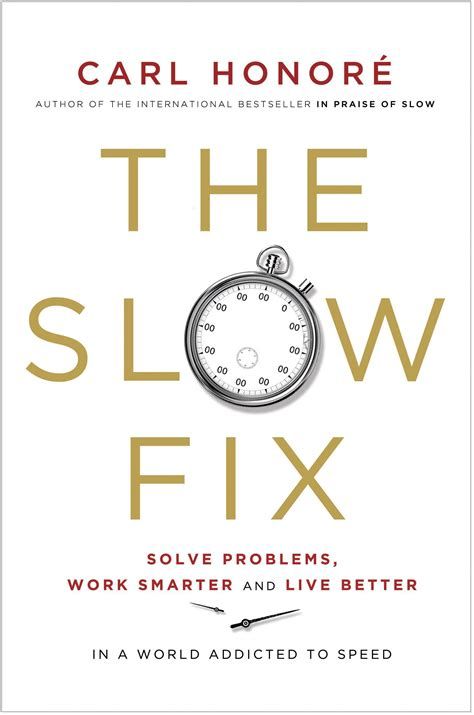From Norberto Cruz to 'Lunch with Lucy' on a Public Bus: A Fair Wage as a Means to Create Stronger Companies
Phillips J. Diaz-Vicioso, LL.M.
September 9, 2023
Norberto Cruz, the day of his retirement

The story of Norberto Cruz, driver of line 517 in Bahía Blanca, south of the Buenos Aires province, in Argentina concluded on May 5, 2023, after 30 years of service.
His last day of work turned into a celebration, marked by a sign that read: “Last round, I retire! 1993-2023.” Norberto, throughout his years behind the wheel, leaves us a valuable message: pride in a job well done.
“People walking by greeted me, other cars honked at me, they applauded. It was moving to see people from the construction sites stopping what they were doing to greet me and those who got on wished me the best, all lovely,” he reported to a local media outlet in Bahía Blanca, the city where he spent long hours of his life over 3 decades as a driver.
This touching tribute to his commitment and dedication leads us to reflect: How can we, as business owners, contribute to making our employees feel as proud and valued in their work? The answer may lie in the concept of a fair wage.
A fair wage refers to remuneration that allows workers and their families to live decently, covering their basic needs such as food, housing, health, education, transportation, and recreation, among others. When employees receive a fair wage, they feel valued and appreciated, which generates a sense of pride and satisfaction in their work.
Preserving and promoting pride in work, exemplified so well by Norberto Cruz, is essential for building strong and sustainable companies. When employees feel valued and appreciated in their work, it generates positive emotions that translate into greater commitment, productivity, and quality in the work performed.
An emblematic example is that of Sherry Stewart Deutschmann, founder of LetterLogic, who implemented fair wage policies and active employee participation in decision-making. As a result, her company experienced sustainable growth, and her employees showed greater commitment and loyalty.
In her book “Lunch with Lucy: Maximize Profits by Investing in Your People”, Deutschmann shares her employee-centered business philosophy and methods. She argues that investing in people through fair wages and respectful work environments can improve company outcomes and have a positive impact on society.
When employees receive a fair wage, they feel valued and appreciated, generating a sense of pride and satisfaction in their work.
The story of Norberto Cruz, our retired bus driver, and Sherry Stewart Deutschmann, a successful businesswoman, may seem different, but they share a fundamental lesson: the importance of pride in work and the crucial role that fair wages play in fostering it. By ensuring our employees are fairly compensated, we're not just promoting their well-being; we're also building more prosperous companies and equitable societies.
When employees receive a fair wage, a sense of value and recognition is created that goes beyond the financial aspect. The emotional impact is significant. Feeling valued for the work done leads to greater commitment and job satisfaction. Additionally, pride in work is reflected in the quality of products and services offered, as well as in interactions with customers.
The story of Norberto Cruz is a living testament to how recognition and respect for his work generated tangible impact in his surroundings. People in the streets of Bahía Blanca not only greeted him, but also stopped their activities to express their best wishes. These types of interactions demonstrate the importance of the connection between employees and the community they serve.
Furthermore, the example of Sherry Stewart Deutschmann and her company, LetterLogic, is inspiring. Through her focus on fair wages and active employee participation in decision-making, Deutschmann managed to create a culture of pride and commitment, resulting in sustainable growth and a highly committed workforce.
By recognizing the importance of fair wages and pride in work, business owners can have a positive impact on their employees' lives and business success. This means not only meeting minimum legal requirements but going beyond to ensure fair compensation that reflects each employee's value and contribution.
When employees feel valued and appreciated, they take pride in their jobs, companies, and communities. By investing in employees and their well-being, we can build a more equitable and successful business future.
By Phillips J. Diaz-Vicioso, LL.M.
Further Reading:
- Lunch with Lucy by Sherry Stewart Deutschmann.
- More about Sherry Deutschmann.
- More about the story of Norberto Cruz.
- Fair Wages
- The effect of Fair Wages in the community.




















